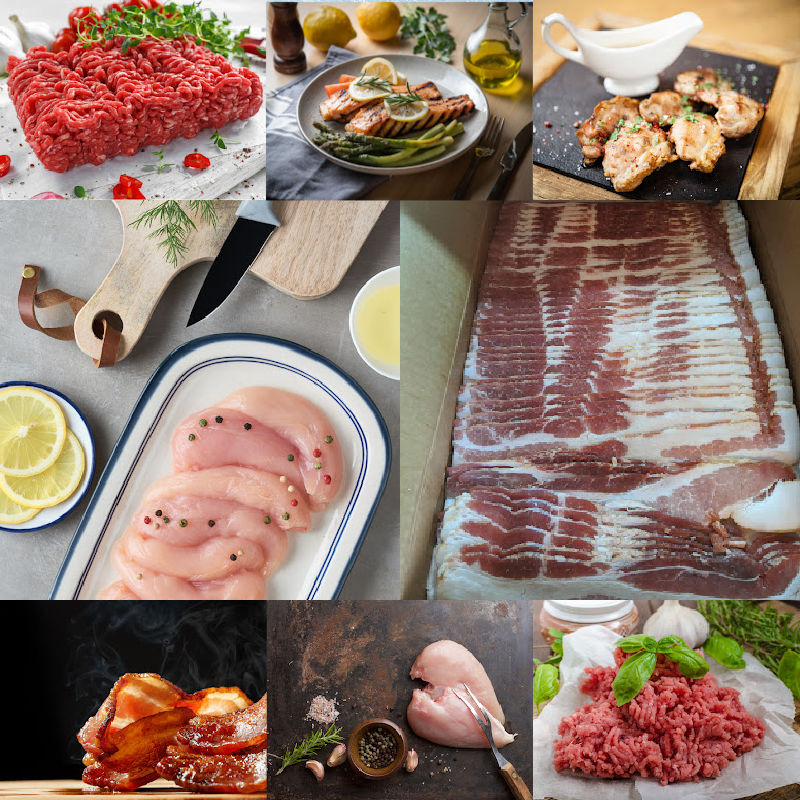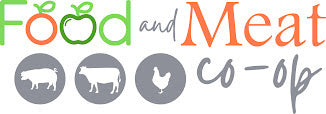Summary:
Our local farmers are facing a dire situation with drought across Utah and Idaho.
We are helping local Utah and Idaho Farmers have a place to come to sell off their herds early and direct to our co-op due to the fact that they can no longer afford to feed them.
Please read this post and learn how you can help and get a good deal now and food security for the future!
Join the list to express interest in purchasing a quarter, half or whole cow or pig and whole chicken.

Full Article:
Local farmers are not only the backbone of our co-op community, but they are the backbone of food in America. We need our farmers. Because of this, we’re impacted by anything that impacts our farmers.
In fact, we need them EVERYDAY of our lives. We depend on them for the most basic of needs. They are under appreciated, especially in the realm of local, small farming and doing things the way they have been done for centuries.
We also like to share what’s going on behind the scenes with our community so they can better understand the current status of local farmers and the issues that plague us as an entire community.
So it is not a small feat to say that we really depend on them everyday. But right now, they need US!
What is the problem for local farmers this year?
At this point, nearly every citizen in our state has been faced with the reality of the extreme drought this year. The biggest impact, or rather the most devastating is in the area of food.
As one main struggle our local farmers are facing recently is their attempt to feed their animals while combating the intensifying drought extending throughout Utah. Many grow their own feed, and their ability to do so has been stunted due to the extreme weather we’re experiencing.
Governor Cox has even commented multiple times on the drought impact this year.
From produce, to the grass and feed that is grown for animal farmers to the impact of animal farming. This is the worst year on record for nearly 100 years. There is 70-75% less water this year.
What are the impacts this year?
The immediate impact is in the area of produce. We will feel the produce shortage this year, along with increased prices due to demand on less supply.
The long-term impact is in the area of animal farming. This year, farmers are forced to cull their herds earlier than planned due to the simple fact they cannot afford to continue to feed the animals. This is a sad situation that is forcing a huge extra supply now and much cheaper than they should as they are in survival mode and so they will not be in profitable mode, even as this article from KSL points out.
We’ve been in many emotional meetings with farmers in the area who have been unable to take care of their herds while discussing ways we can alleviate some of the difficulties they’re facing.
One farmer is caretaker of a farm just over the border in Idaho that has been in the family since the late 1800s. She has been taking care of the farm for around thirty years, and hasn’t seen anything as bad as this before. She’s had to cull her herds (kill off a good portion of her animals earlier than planned) due to the fact that the drought has dried up the grass she normally uses for feed. Her herd has always been grassfed and she doesn’t want to compromise that status by purchasing feed, but feed itself has also doubled in price since the beginning of the year, even before the impact of the drought was realized.
In our discussion with her, she was saying through tears that “She feels like she has let the animals down.” This is not only a real crisis for our farmers, but a highly emotional one too. Now, she is in the scramble of her life to sell off as many as she can since she cannot feed them any longer.
What are the impacts next year and beyond?
Many farmers are experiencing severe problems right now, but it’s also creating severe problems extending into the future. In the process of killing off cattle now due to the fact that feeding them is unsustainable during the drought, they’ve been removing a large amount of their mother cows. This will stunt the population of calves in the future, and creates a large complication for meat production in the future. It’s difficult to know how to alleviate this problem now, but it’s important to have an awareness of it for the future because as local farmer Lori Anne points out, "I don't know if people have thought about meat production in the future, but there will be a shortage of beef especially next year and for a couple of years". Basically, a legit food shortage!
Not only does the impact of culling the herd and pausing breeding create a food shortage situation in the future, we have also learned from our State that the reservoirs and water reserves will last through this year and be “fine” this year as we can and likely will drain things to a low, low level to meet goals, but NEXT year, there will be a more severe drought unless we have a crazy wet winter.
In summary - a food shortage is likely coming. As the farmer from Idaho points out, “What people don’t realize with all of these farmers in the West forced to cull their herds, they are also not producing new cattle or pausing breeding for a while” This means much lower number of new cows (and other animals) next year and the year after. It takes a good 18 months or more to raise a cow for food. So if you break that cycle this year and don’t restart until you know you can, there will be less food over the next few years.
Governor Cox said, “When you can’t feed your livestock you have to sell it off and get rid of it. ... And then you don’t have that stock for next year, and so it puts you back for multiple generations.”
What is the Food and Meat Co-op doing to help this situation?
Assisting and supporting local farmers in our area has always been a key goal in starting and growing the co-op.
In light of the recent crisis they are currently facing, we have to opportunity to step up and assist in an unexpected way. We’ve been assisting local farmers in Utah and Idaho by helping them sell off the unexpected influx of meat they have now that they’ve killed off more cows earlier than they normally do. We’ve always needed our farmers, but right now they need us.
So we have a goal more than we ever have to help them sell their beef, pork and poultry (but mostly beef) to our community and to load our community up with a good deal on meat this year to last for the next year or two. This will also help create food security in the future.
The farmers we are supporting during this crisis are offering really good prices because they are forced to. They are losing money, not profiting this year, while losing their livestock at a much faster rate.
It’s a heartbreaking situation, but we are building a list of those interested in helping these farmers, get amazing quality local meats, fill their freezers and have food security for a good while. This is the least we can do for those that feed us everyday of our lives!
What you can do to be a part of the solution!
There are some obvious things that every family can do - use less water. Don’t worry about fancy green lawns this year. Cut back water usage in the home and don’t waste water.
Also, pray! Pray for lots of rain, pray for a hard winter of heavy, heavy snow this next year, otherwise the next harvest will be worse than this.
And then for those that are able, interested and excited to step up and help our farmers directly, buy their meats, load up your freezers, have food security with the impending shortage and help save a farmer in the process.
Join the list to express your interest in purchasing one of these animals. They will be a competitive and good price this year because there is so much supply this year starting at $3.50-$4/50 lb for hanging weight, plus butcher fees.
The options will include grassfed, American Wagyu, grassfed/grain finished. Plus the pig and chicken farmers are in the same boat and we may have those available too.
Pass this article along to others locally that would also love to be a part of the solution this year!



